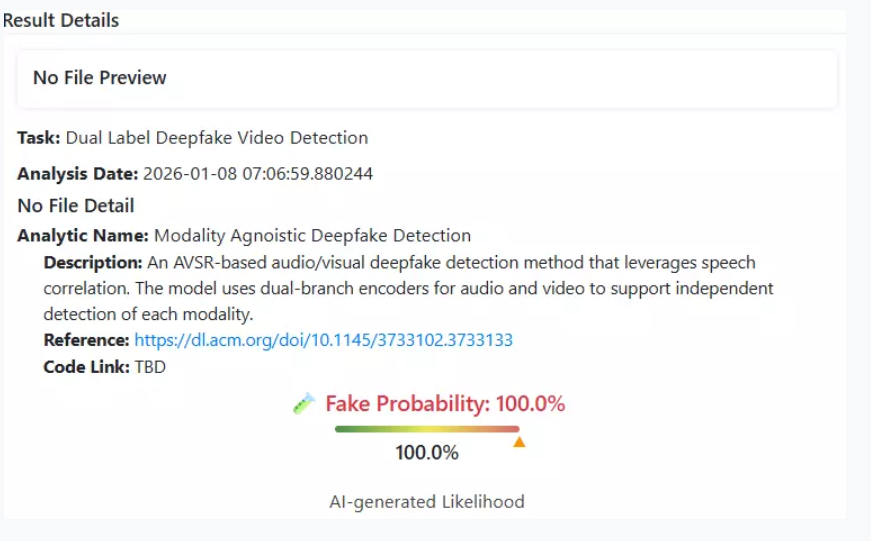Exposing the Customs Scam: How Fraudsters Pose as Courier and Customs Officials to Deceive Victims
About Customs Scam:
The Customs Scam is a type of fraud where the scammers pretend to be from the renowned courier office company (DTDC, etc.), or customs department or other government entities. They try to deceive the targets to transfer the money to resolve the fake customs related concerns. The Research Wing at CyberPeace along with the Research Wing of Autobot Infosec Private Ltd. delved into this case through Open Source Intelligence methods and undercover interactions with the scammers and concluded with some credible information.
Case Study:
The victim receives a phone call posing as a renowned courier office (DTDC, etc.) employee (in some case custom’s officer) that a parcel in the name of the victim has been taken into custody because of inappropriate content. The scammer provides the victim an employee ID, FIR number to prove the authenticity of the case and also they show empathy towards the victim. The scammer pretends to help the victim to connect with a police officer for further action. This so-called police officer shows transparency in his work. He asks him to join a skype video call and he even provides time to install the skype app. He instructs the victim to connect with the skype id provided by the fake police officer where the scammer created a fake police station environment. He also claims that he contacted the headquarters and the victim’s phone number is associated with many illegal activities to create panic to the victim. Then the scammers also ask the victim to give their personal details such as home address, office address, aadhar card number, PAN card number and screenshot of their bank accounts along with their available account balance for the sake of so-called investigation. Sometimes scammers also demand a high amount of money to resolve the issue and create fake urgency to trap the victim in making the payment. He sternly warns the victim not to contact any other police officials or professionals, making it clear that doing so would only lead to more trouble.
Analysis & Findings:
After receiving these kinds of complaints from multiple sources, the analysis was done on the collection of phone numbers from where the calls originated. These phone numbers were analysed for alias name, location, Telecom operator, etc. Further, we have verified the number to check whether the number is linked with any social media account on reputed platforms like Google, Facebook, Whatsapp, Twitter, Instagram, Linkedin, and other classified platforms such as Locanto.
- Phone Number Analysis: Each phone number looks authentic, cleverly concealing the fraud. Sometimes scammers use virtual/temporary phone numbers for these kinds of scams. In this case the victim was from Delhi, so the scammer posed themselves from Delhi Police station, while the phone numbers belong to a different place.
- Undercover Interactions: The interactions with the suspects reveals their chilling way of modus operandi. These scammers are masters of psychological manipulation. They threaten the victims and act as if they are genuine LEA officers.
- Exploitation Tactics: They target unsuspecting individuals and create fear and fake urgency among the targets to extract sensitive information such as Aadhaar, PAN card and bank account details.
- Fraud Execution: The scammers demand for the payment to resolve this issue and they make use of the stolen personally identifiable information. Once the victims transfer the money, the fraudsters cut off all the communication.
- Outcome for Victims: The scammers act so genuine and they frame the incidents so realistic, victims don't realise that they are trapped in this scam. They suffer severe financial loss and psychological trauma.
Recommendations:
- Verify Identities: It is important to verify the identity of any individual, especially if they demand personal information or payment. Contact the official agency directly using verified contact details to confirm the authenticity of the communication.
- Education on Personal Information: Provide education to people to protect their personal identity numbers like Aadhaar and PAN card number. Always emphasise the possible dangers connected to sharing such data in the course of phone conversations.
- Report Suspicious Activity: Prompt reporting of suspicious phone calls or messages to relevant authorities and consumer protection agencies helps in tracking down scammers and prevents people from falling. Report to https://cybercrime.gov.in or reach out to helpline@cyberpeace.net for further assistance.
- Enhanced Cybersecurity Measures: Implement robust cybersecurity measures to detect and mitigate phishing attempts and fraudulent activities. This includes monitoring and blocking suspicious phone numbers and IP addresses associated with scams.
Conclusion:
In the Customs Scam fraud, the scammers pretend to be a custom or any government official and sometimes threaten the targets to get the details such as Aadhaar, PAN card details, screenshot of their bank accounts along with their available balance in their account. The phone numbers used for these kinds of scams were analysed for any suspicious activity. It is found that all the phone numbers look authentic concealing the fraudentent activities. The interactions made with them reveals that they create fearness and urgency between the individuals. They act as if they are genuine officer’s and ask for money to resolve this issue. It is important to stay vigilant and not to share any personal or financial information. When facing these kinds of scams, report and spread awareness among individuals.





%20(1).webp)

